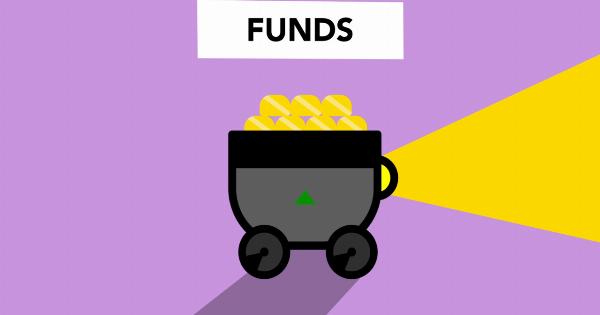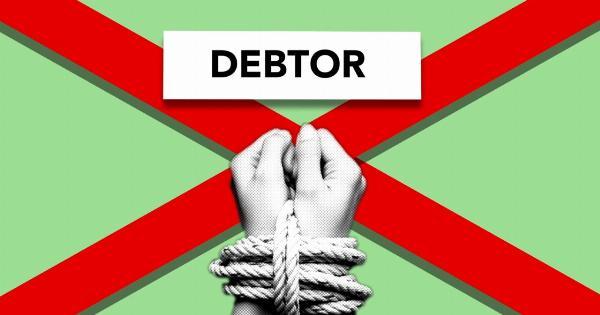Teaching children about the economy and financial crisis is an important topic in today’s society.
Children are curious and eager to learn, and it is our responsibility as adults to provide them with the knowledge and tools they need to succeed in life. Financial literacy is essential, and teaching children about the economy and financial crisis can help prepare them for the future.
What is the economy?
The economy is the system that a society uses to produce and distribute goods and services. It includes individuals, businesses, and governments, and it determines the overall wealth and standard of living of a country.
The economy operates on the principles of supply and demand, and it is heavily influenced by factors such as international trade, monetary policy, and government regulations.
What is a financial crisis?
A financial crisis occurs when there is a sudden disruption in the normal functioning of the economy. This can be caused by a variety of factors, such as a stock market crash, a housing market collapse, or a credit crunch.
Financial crises can have far-reaching consequences that can affect individuals, businesses, and governments.
Why is it important to teach children about the economy and financial crisis?
Teaching children about the economy and financial crisis is important for several reasons. First, it can help them develop a better understanding of how the world works.
By learning about the economy, children can gain insights into the factors that affect their everyday lives, such as prices, employment, and income. Second, it can help them be more responsible with their money. Children who understand the basics of personal finance are more likely to make smart financial decisions as adults. Finally, it can help them be better informed citizens.
By understanding the economy, children can participate more fully in the democratic process and make informed decisions about public policy.
How can we teach children about the economy and financial crisis?
Teaching children about the economy and financial crisis can be challenging, but there are several strategies that can be used to make the subject more engaging and accessible.
One approach is to use hands-on activities and games to illustrate economic concepts. For example, children can play a game where they run a lemonade stand and learn about supply and demand, or they can participate in a stock market simulation to learn about investing.
Another approach is to use stories and real-world examples to demonstrate economic concepts. For example, children can read books about entrepreneurs and learn about the challenges and rewards of starting a business.
What are some key economic concepts to teach children?
There are several key economic concepts that are important to teach children, including:.
Supply and demand
Supply and demand is the basic principle that determines the price of goods and services. When there is high demand for a product and limited supply, the price will be higher. When there is low demand and abundant supply, the price will be lower.
Children can learn about supply and demand by participating in games and simulations that illustrate these concepts.
Budgeting and saving
Children should learn about budgeting and saving from a young age. They should understand the importance of saving money and should learn how to budget their finances effectively.
This can be done through simple activities such as creating a budget for a family vacation or planning out a savings plan for a toy they want to buy.
Inflation
Inflation is the increase in the price of goods and services over time. It is important for children to understand how inflation can affect their purchasing power and how it can impact the economy as a whole.
This can be taught through the use of real-world examples such as the cost of groceries or the price of gas.
Credit and debt
Children should also learn about credit and debt. They should understand the importance of building good credit and the dangers of overspending.
Children can learn about these concepts through activities such as creating a budget for a credit card or learning about the risks of payday loans.
Conclusion
Teaching children about the economy and financial crisis is an important task that requires patience and creativity. By providing children with the knowledge and tools they need to succeed, we can help prepare them for a bright and successful future.




























